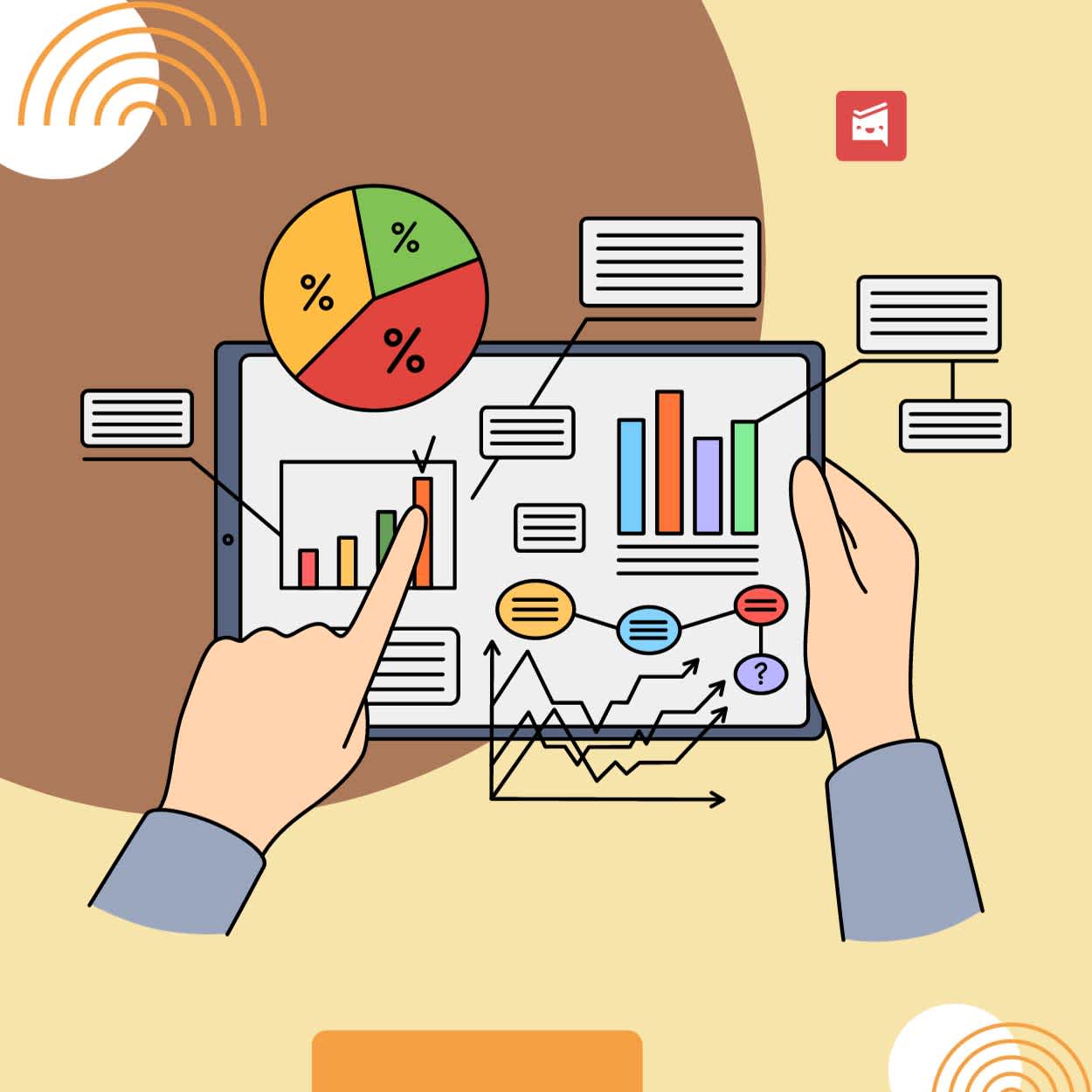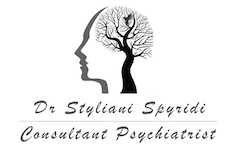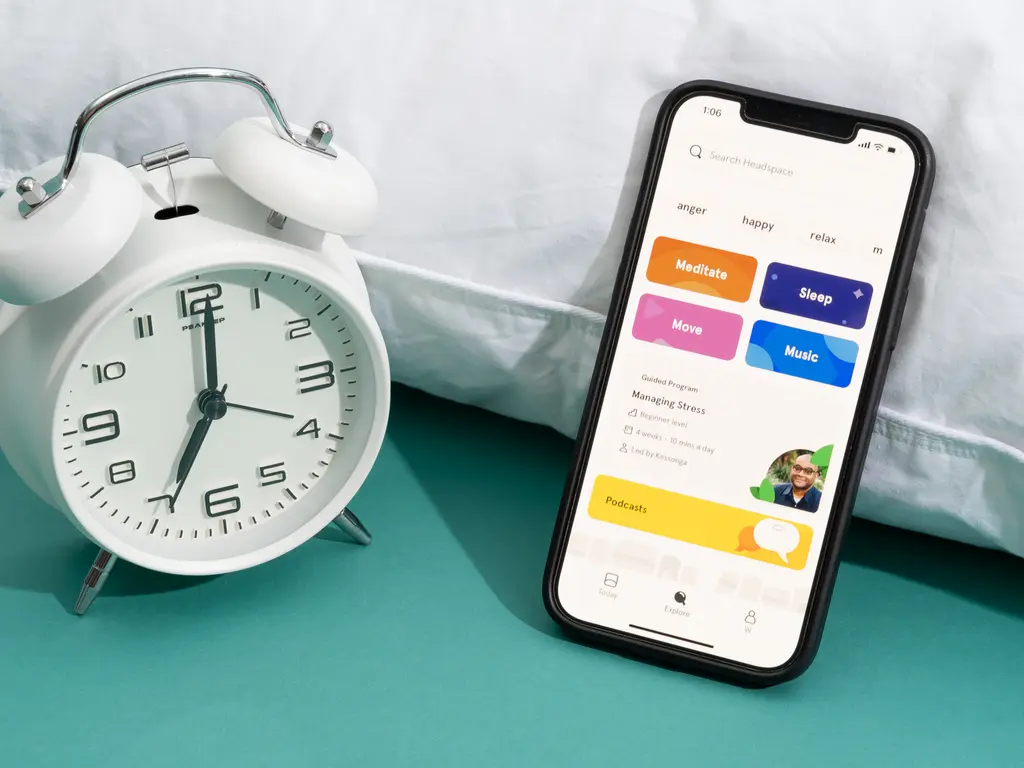By Dr. Styliani Spyridi, Psychiatrist | Psychiatry-cy, Limassol, Cyprus Why Managing Money Can Be Harder…

Boosting Productivity with Evidence-Based Techniques: What Really Works
By Dr. Styliani Spyridi, Psychiatrist | Psychiatry-cy, Limassol, Cyprus
Feeling unproductive—even when you’re constantly busy—can be frustrating and exhausting. Whether you’re dealing with workplace stress, burnout, ADHD, or just feeling overwhelmed by daily demands, the truth is: productivity isn’t about doing more. It’s about doing what matters, with focus, purpose, and mental clarity.
At our psychiatry clinic in Limassol, Cyprus, we help clients rebuild their focus using evidence-based techniques rooted in neuroscience and behavioral psychology. Here’s how you can do the same—at home, starting today.
1. Time Blocking: Structure Your Day with Intention
What it is: Time blocking is the practice of dividing your day into dedicated segments for specific tasks or task types (e.g., deep work, admin, meetings, rest).
Why it works: It reduces decision fatigue and improves attention by eliminating constant switching between tasks.
Try it with:
Google Calendar (for visual planning)
Sunsama (integrates tasks, calendar, and goals)
2. The “2-Minute Rule”: Beat Procrastination Instantly
What it is: If a task takes two minutes or less, do it immediately.
Why it works: It lowers the threshold for starting tasks and reduces the backlog of small responsibilities that clutter your brain.
This technique works well for clients with ADHD or executive functioning difficulties, where “activation” is the biggest hurdle.
3. The Pomodoro Technique: Train Your Focus Muscles
What it is: Work in short, focused intervals (usually 25 minutes), followed by 5-minute breaks.
Why it works: Builds sustained attention, especially for neurodivergent brains that struggle with long periods of concentration.
Try it with:
Focus To-Do (Pomodoro timer + task list)
Forest (rewards focus with virtual tree planting)
4. Externalize Your To-Do List: Offload Mental Clutter
What it is: Writing down or visually organizing tasks helps your brain shift from memory overload to action mode.
Why it works: Reduces anxiety, increases dopamine from checking things off, and breaks tasks into manageable steps.
Try it with:
Trello – simple visual boards
Notion – powerful all-in-one task manager and planner
5. Start with the Easiest Win
What it is: Begin your work session with the simplest, most achievable task.
Why it works: It creates a quick win, which triggers a dopamine release in the brain and increases motivation for harder tasks.
This is especially effective for people dealing with perfectionism or burnout, where starting feels emotionally heavy.
6. Practice Self-Compassion, Not Self-Criticism
Many people think being hard on themselves will improve performance. In fact, studies show the opposite: self-compassion leads to more motivation and resilience over time. When your inner voice is kinder, your brain feels safer—and that safety creates space for focus and creativity.
Try reframing your self-talk:
“I’m not behind—I’m doing the best I can with what I have.”
Is It More Than Just Poor Time Management?
If you’re consistently struggling with focus, starting tasks, or managing mental overload, it could be linked to ADHD, burnout, depression, or anxiety. These are treatable conditions, and you don’t have to figure it all out alone.
We’re Here to Help in Limassol
At our private clinic in Limassol, Cyprus, we provide support for individuals dealing with productivity issues related to stress, ADHD, and emotional burnout. Through a combination of psychological support, medication (when appropriate), and coaching, we help you reclaim your focus—without the pressure of doing it all perfectly.
Book a Confidential Consultation Today
Let’s build a productivity plan that works for your brain and your life.



